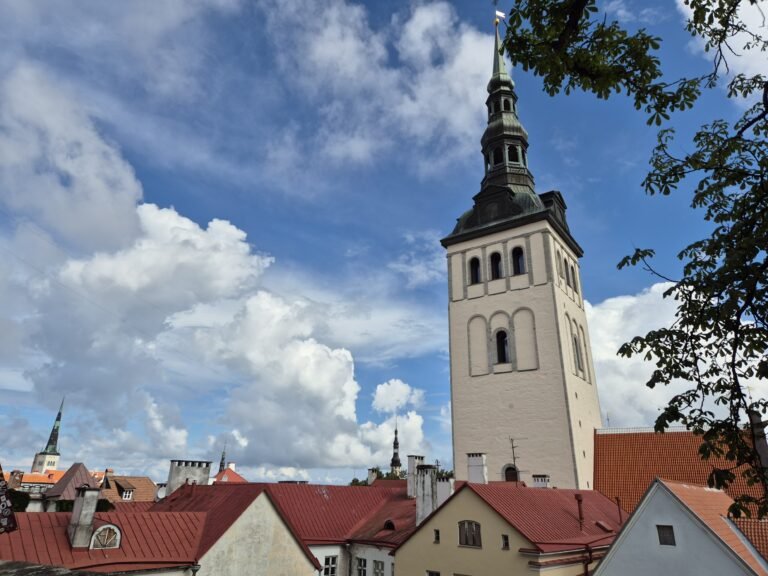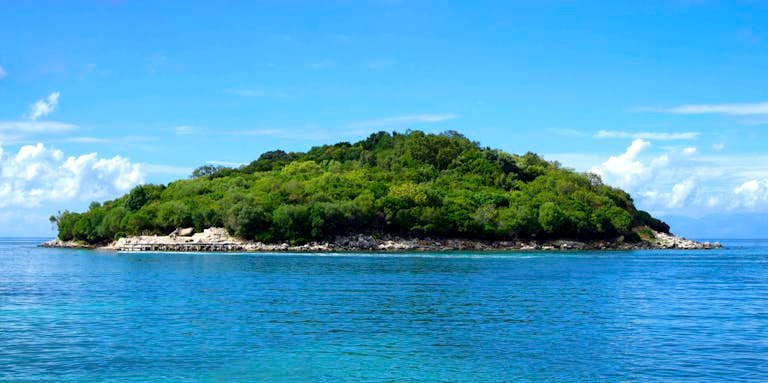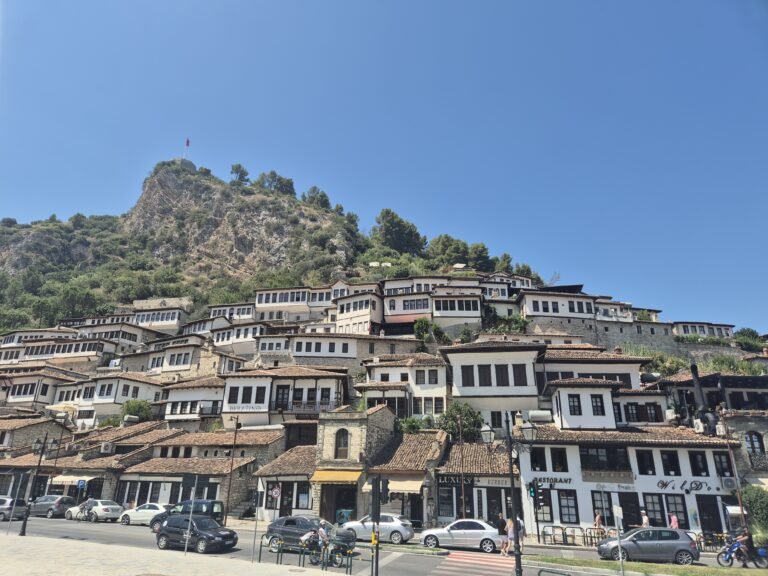GREECE TRAVEL GUIDE
Greece – The birthplace of the Olympic Games and democracy
Greece is either known for its popular and beautiful tourist destinations like Athens, the amazing islands such as Crete, Santorini and Corfu or for the Olympic Games.
Greece is a country unlike any else, being very rich in culture and history. It’s often considered as the cradle of Western civilization.
Greek mythology and history are filled with legendary figures you might have heard of, such as Hercules with his incredible strength and heroic adventures and Aristotle – one of the greatest philosophers ever to exist.
Greece is much more beyond the mainland, as it consists of thousands of islands, though only around 200 are inhabited. Popular destinations are Santorini, Crete, Rhodos and Corfu.
Keep reading to learn the essentials of Greece, and start planning your next adventure!
Population
10 300 000
Language
Greek (English is widely spoken)
Currency
Euro
visa
no visa required for EU, EEA and Schengen-citizens
weather
Mediterranean climate. Hot and dry summers, mild and wet winters.
Time zone
uTC+3 (2)
basic phrases in Greece (as pronounced)
Greeting/farewell:
yiássou (formal), yiássas (informal), YAH-sahs, YAH-soo
Thank you:
Efharistó, Eff-Kha-Ri-STO
excuse me:
Signómi
Please:
Parakaló, Para-Kah-LOE

Only Tallinn guide you’ll need: best attractions and areas explained
Tallinn’s best attractions and areas best worth visiting covered.

Top attractions in albania: best beaches in northern and southern Albania
Discover Albania’s best beach destinations. This post covers both northern and southern Albania, including the Albanian Riviera!

Top attractions in albania: best cities, nature sights and UNESCO sites explained
Learn about Albania’s northern and central gems, from Tirana’s vibrant energy to Berat’s Ottoman charm and Durrës’ coastal allure. Discover UNESCO sites, natural wonders like Lake Ohrid, and the stunning Albanian Alps.
Overview of Greece
History
The history of Greece is incredibly rich and influential. Often referred to as the cradle of Western civilization, Greece was the birthplace of democracy, philosophy, and the Olympic Games. Ancient Greece introduced the rise of city-states like Athens and Sparta, which laid the foundations for Western political and cultural systems.
Throughout its long history, Greece has faced numerous invasions and occupations, including the Roman and Ottoman Empires. In 1832 Greece gained independence from the Ottoman Empire.
Today’s Greece has emerged to a stable and modern nation and a member of the EU and NATO.
Climate
Greece enjoys a Mediterranean climate. Summertime is hot, with temperatures often exceeding 30 °C. Winters are mild and quite wet, but temperatures don’t generally drop below 10 °C.
safety
Greece is considered as one of the safest destinations in the world, but standard precautions should be taken and belongings should be looked after. Pickpocketing and other petty crime is unfortunately common in busy places, as usual in modern Europe.
Top attractions and activities
In addition to mainland Greece, this country has plenty of destinations to choose from. Greece is the home to varied, beautiful islands. Mainland generally is the go-to option for culture and history, and islands are best for soaking up the sun. However, islands such as Santorini are historical attractions in their own right.
What is the best time to visit Greece?
The Mediterranean climate of Greece guarantees plenty of sunshine, mild to warm temperatures and limited rain. The climate is one of Europe’s best, including mild winters and very hot summers – perfect for tourism. You can generally visit Greece whenever you like and discover its history and culture.
Summer brings very hot days, but occasional winds help cool down a little. Mountains have generally lower temperatures and are usually covered in snow during the winter.
In order to avoid the largest masses during the high-season, or the summer heat, you should consider visiting in autumn September to mid-October or in spring and early summer April to May.
practical information
Greece is a EU country and part of the Schengen area. Visa is thus not required from these countries for stays less than 90 days. More information can be found here.
Vaccinations
Routine vaccinations are advised.
language
The official spoken language is Greek. English is a part of the standard school curriculum, so most Greeks can generally communicate well in English. French, German and Italian are also spoken.
how Much time to spend in Greece?
As per usual, the answer varies greatly depending on your plans and expectations. However, it’s advised to stay for at least 7 days, regardless of your destination. A week is generally perfect for a regular vacation, and if you want to combine multiple places, perhaps the mainland and some islands, consider two to three weeks.
Is Greece expensive?
Greece is quite affordable, especially outside the high-season. Because tourism is very popular in Greece, prices vary a lot during seasons and locations. Most popular tourist attractions may get quite expensive.
- gyro and other cheap “fast” food: 2,50€ and up
- main dish: 8€ and up
- Public transport: 1-2€ per ride
- Beer: 3-4€
- glass of wine: 2-5€
- Accommodation: anywhere from 15 to 75 eur a night, depending on the type.
- major attractions: 10-20€ per person
- tours: 10-50€, boat tours might be cheaper than land
Cash or Card?
Both cash and cards are widely accepted in Greece. Some smaller establishments or attractions might only accept payments in cash. ATM’s are widely accessible. Some cash is good to have accessible.
Food and drinks
where to stay
unsure what to pack? Feel like you are forgetting something?
I’ve put together a packing list to help you travel easier.
